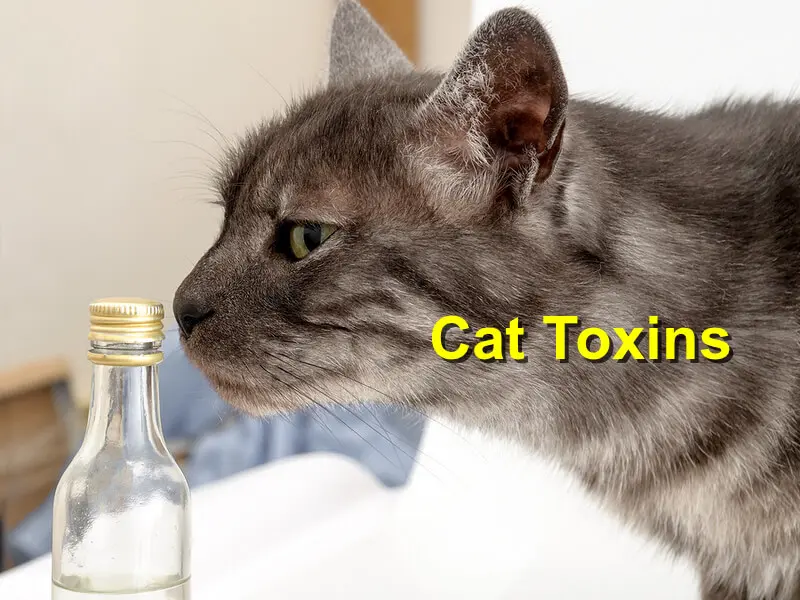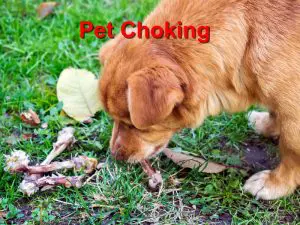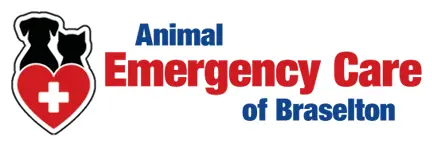Common cat toxins
As cats are often curious in nature, they are more likely to ingest toxic items. While cats can easily metabolize poisons or drugs faster, they are usually sensitive to particular chemicals or products than dogs.
So, here are the top toxins for cats.
1. Topical insecticides
Common tick and flea medication that you can likely find at the veterinary or pet store contain a toxic substance that can be poisonous to cats. While safe for dogs, pyrethroids found in these medications are toxic to cats. In most cases, accidental poisoning can occur when pet owners unintentionally apply canine insecticide on their cats. For that reason, you should always read the label on the medication and never use a dog or tick medication on your cat without first consulting the vet. When you cat is exposed to these toxic insecticides, it may lead to seizures, hyperthermia, and severe tremors when left untreated.
2. Household cleaner
Though most household cleaners are usually safe for cats, some are poisonous to cats, including rust removers, drain cleaners, and laundry detergents. If your cat accidentally ingests or licks any of these household cleaners, it can lead to vomiting, profuse drooling, and difficulty breathing. If you aren’t sure whether the cleaner is dangerous or not, wipe any excess residue or liquid, and ensure you keep the cat away from your room when cleaning.
3. Antidepressants
Common antidepressants that can be toxic for cats includes Zoloft, Cymbalta, and Prozac. For some strange reason, cats are often attracted to the flavor or smell of Effexor. Unfortunately, these drugs can be dangerous to your cat when consumed and can cause tremors, lethargy, vomiting, diarrhea, seizures, and hyperthermia. If you have doubts, store all medications in a sealed container.
4. Toxic plants
Cats also munch on plants from time to time. If you have a cat, you need to keep houseplants away from their reach. To ensure your cat doesn’t ingest any toxic plant, you should remove all bouquets from your home. When your cat ingests two leaves or petals, or lick pollen from a toxic flower, it can lead to severe acute kidney failure.
5. Pain medication
You should never give your cat any pain medication without first consulting a vet. Common drugs like ibuprofen, naproxen, and aspiring can be dangerous to a cat. While these drugs are okay to use for humans, they can be fatal to cats if ingested.
Conclusion
If you are in doubt and suspect unintentional cat poisoning, you should seek treatment from your vet immediately.
References: Pet health network, Webmd, Cat friendly





